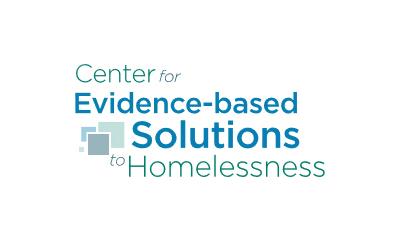 In this webinar, Abt’s Center for Evidence-based Solutions to Homelessness, brought together experts from the fields of homeless services and criminal justice to discuss evidence on how people reentering society from jails and prisons can avoid homelessness.
In this webinar, Abt’s Center for Evidence-based Solutions to Homelessness, brought together experts from the fields of homeless services and criminal justice to discuss evidence on how people reentering society from jails and prisons can avoid homelessness.
Stephen Metraux, Ph.D.—an expert on how various institutional contexts intersect with homelessness—discussed the effectiveness of reentry programs in securing stable housing for reentering individuals. The topic reflects a recently published literature review Metraux co-authored with Abt Global’s Center for Evidence-based Solutions to Homelessness.
Abt’s Dana Hunt, Ph.D., an expert in criminal justice research, moderated a panel discussion among specialists from the fields of homeless services and criminal justice on:
- Factors critical to the success of reentry programs that averted homelessness.
- The implications of racial disparities in incarceration for reentry programs.
- Coordination strategies between the criminal justice system and the homeless services system.
- Supportive housing vs. other models for securing stable housing and access to behavioral health services.
- How reentry programs can serve those being released from jails and prisons due to the COVID-19 pandemic.
Panelists included:
- Corrin Buchanan, deputy director of the Office of Diversion and Reentry, L.A. County
- Richard Cho, Ph.D., CEO of Connecticut Coalition to End Homelessness (CCEH)
- Toorjo Ghose, M.S.W., Ph.D., CEO of The Center for Carceral Communities (CCC) and associate professor at University of Pennsylvania
Download slides (PDF)
Watch the video:


